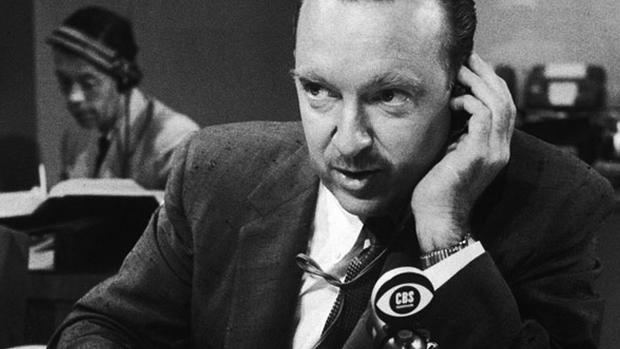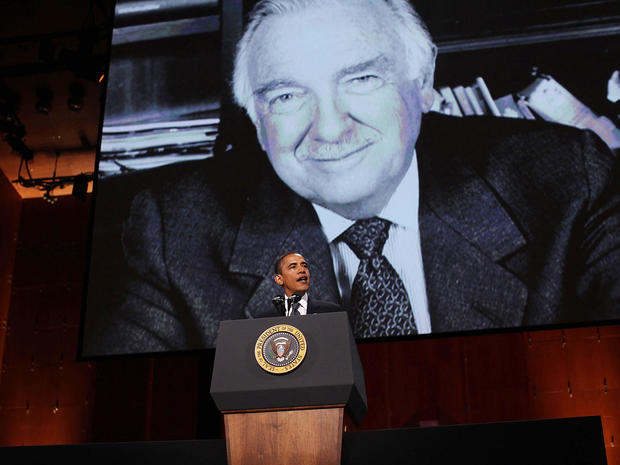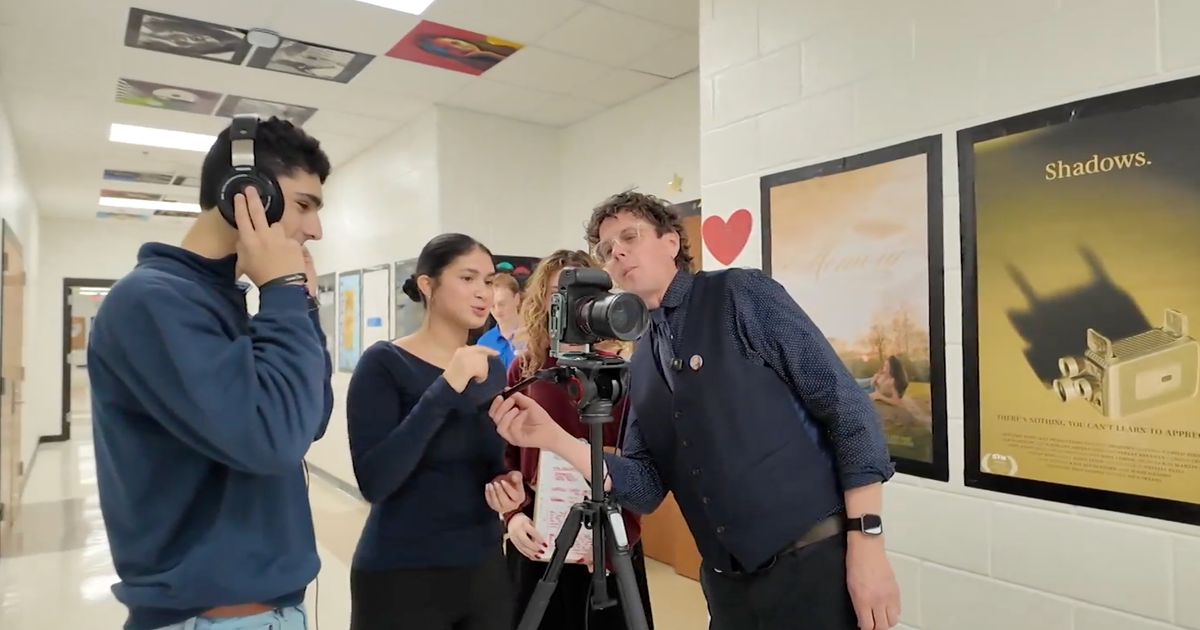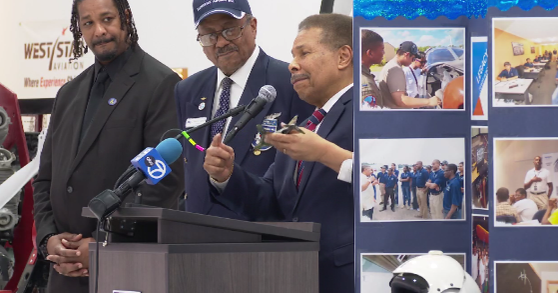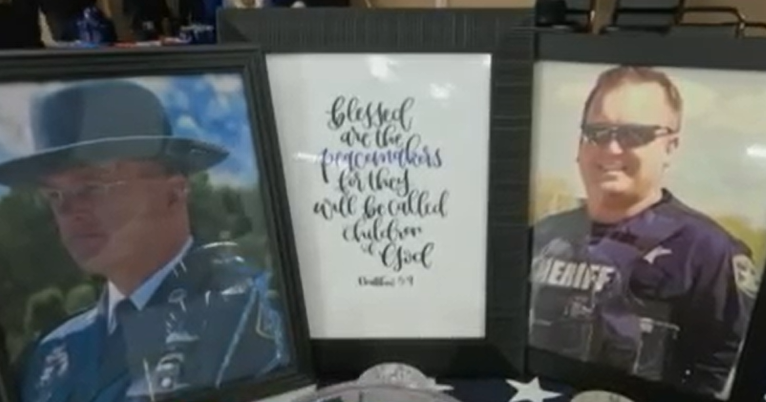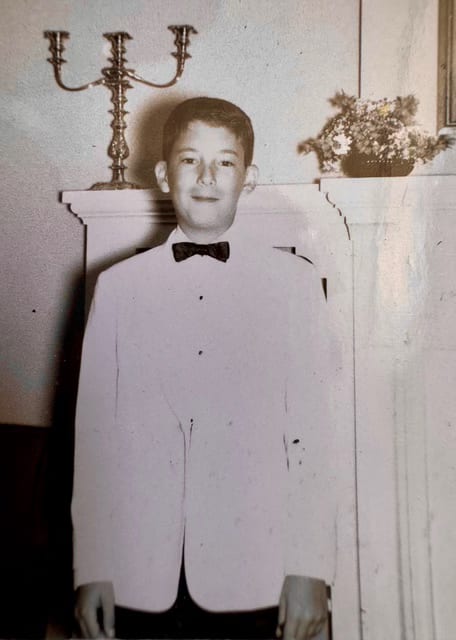Google honors Walter Cronkite on newsman's centennial
CBS News legend Walter Cronkite, once called “the most trusted man in America,” was born 100 years ago this week.
In honor of the centennial of his birth, Google created an animated doodle that showcases some of the most iconic moments of Cronkite’s career — from taking over as “CBS Evening News” anchorman in 1962, to breaking into daytime programming to tell the nation that President Kennedy had been shot in 1963, to announcing the Apollo 11 moon landing in 1969, to, finally, signing off his last broadcast in 1981.
Recruited by Edward R. Murrow, Cronkite joined CBS in 1950 and was the face of numerous major stories, from the assassination of civil rights hero Martin Luther King Jr. to the Watergate break-in. He gained household name recognition as anchor of the “CBS Evening News” from 1962 to 1981 — a time of transformation in America — and advocated forcefully for high standards in reporting.
Cronkite’s 1968 reporting of the Vietnam War – “a stalemate,” in his words -- was so impactful on the public that President Lyndon Johnson reportedly said: “If I’ve lost Cronkite, I’ve lost Middle America.”
During the Iran hostage crisis, Cronkite incorporated a tally of the crisis into his nightly sign-off. Besides the date, his language was unchanging (“That’s the way it is, Thursday, June 12, 1980, the 222nd day of captivity for the hostages in Iran,” Cronkite said. “This is Walter Cronkite, CBS News. Good night.”).
In the middle of the crisis, Washington Post columnist Ellen Goodman observed how Cronkite’s sign-off had taken off a life of its own: “The nightly Cronkite count, even more than the small boxscore numbers on the front pages of dozens of newspapers, has become a flag at half-mast, a daily probe of a wound, a political statement,” she wrote in 1980.
Cronkite’s tally created enormous pressure on the Carter administration as, one by one, 444 days painfully passed.
Towards the end of his life, Cronkite stressed the vital role media plays in the democratic process.
“We are not intelligent enough; we’re not educated well enough to perform the necessary act of intelligently selecting our leaders for the future,” he said in 2005. “We’ve got to improve that situation and it’s going to be, to a large degree, up to us in television and radio, in broadcasting to get that job done.”
The newsman died four years later, in 2009.
The late “60 Minutes” correspondent Andy Rooney, who died in 2011, was Cronkite’s close friend.
“Every writer, every newsman or woman who’s worth anything secretly hopes he or she will have some good influence on the world,” Rooney said. “It’s a preposterous wish, of course, but my friend had it. If it can be said about any individual in our business that he’s been a force for good in the world, Walter Cronkite was that person.”

